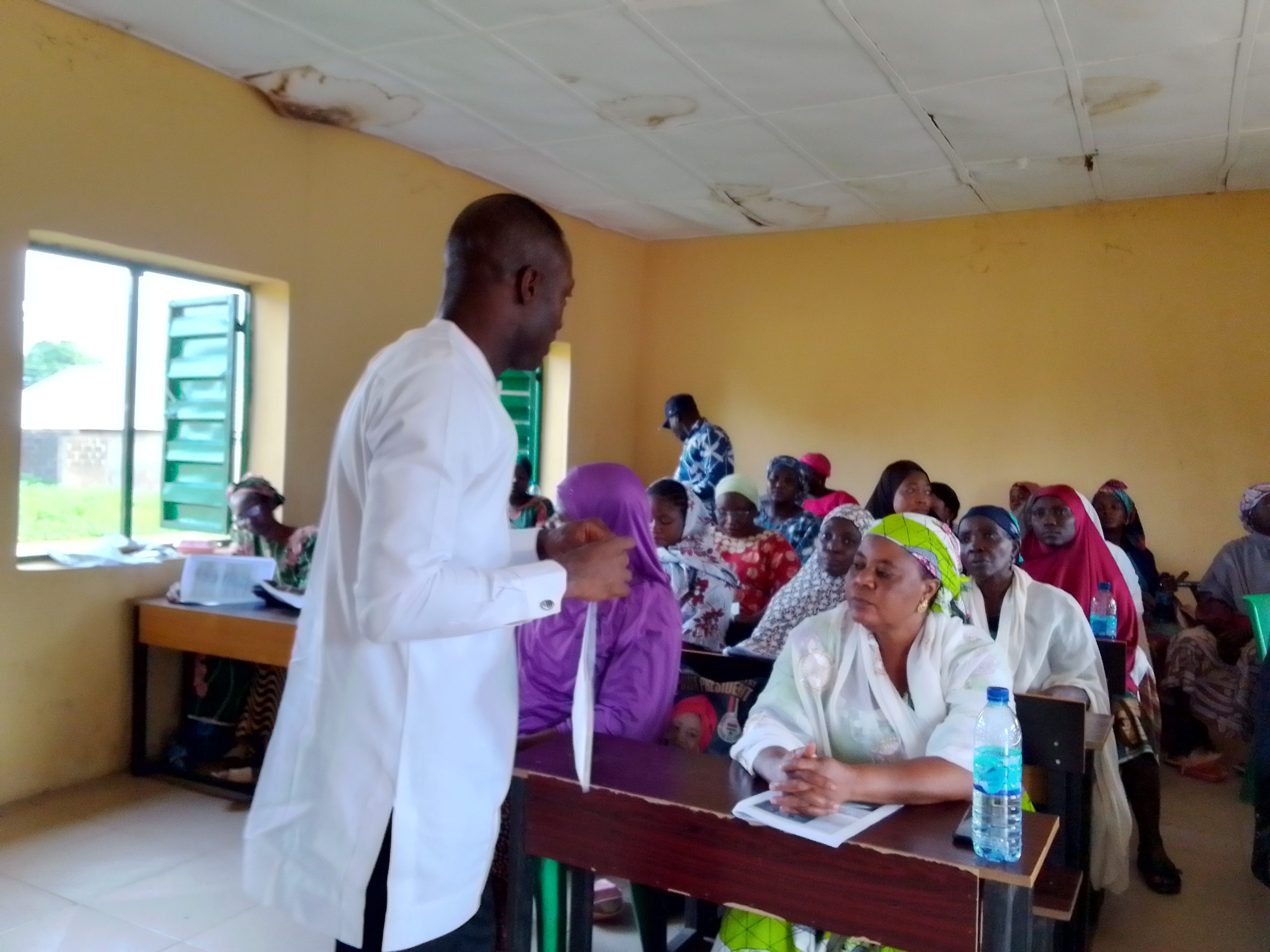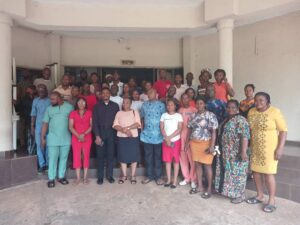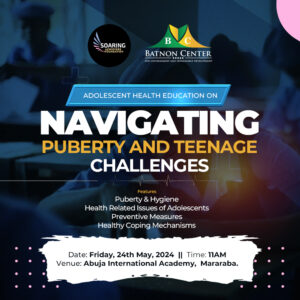In the face of mounting and increasing global concern for the environment and climate change, Nigeria’s Just Transition has emerged as a crucial pathway toward achieving sustainability. Batnon Center for Environment and Sustainable Development has taken a bold step towards driving change and advancing sustainable practices in Nigeria’s agricultural sector.
By deepening its engagement with critical stakeholders, including farmer organizations, women groups, youth groups, and extension agents, the center is fostering a just transition, advocating for clean cooking, and promoting waste-to-energy alternatives. These efforts have been extended to five local governments in Nassarawa state – Lafia, Doma, Nassarawa, Wamba, and Karu – where farmers have received comprehensive training on waste conversion strategies and climate-smart practices.
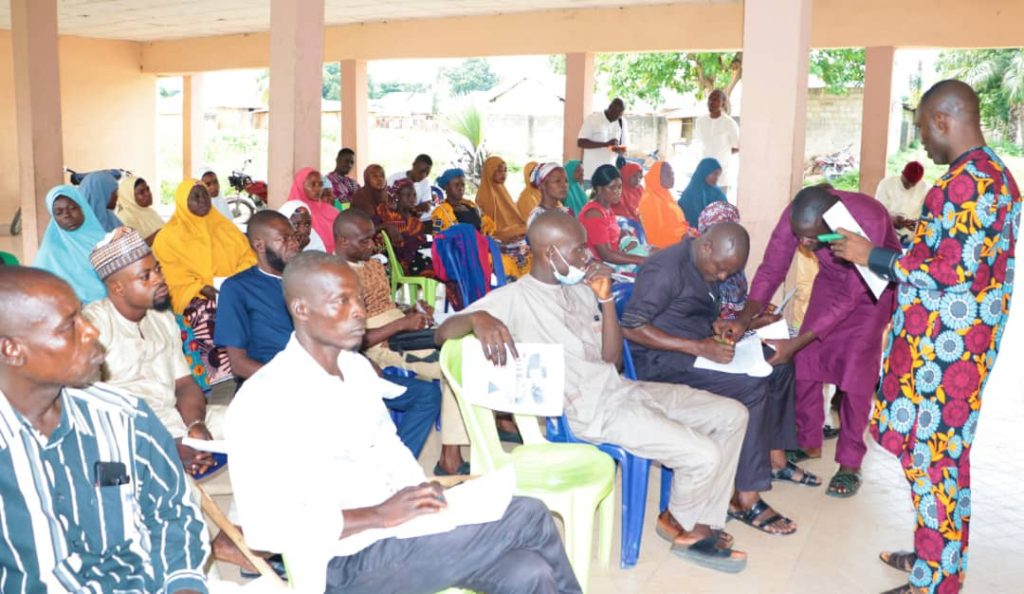
What is Just Transition?
At its core, Just Transition is a framework that seeks to address the social and economic implications of transitioning to a low-carbon economy. It is not merely a shift in energy sources but a holistic approach that considers the well-being of communities, workers, and the environment. The goal is to ensure that the move toward sustainability is fair, inclusive, and leaves no one behind.
The Need for Action at This Critical Time:
Climate change is no longer a distant threat but an urgent reality affecting millions globally. In Nigeria, the agricultural sector is highly vulnerable to the impacts of erratic weather patterns, droughts, and other climate-related events. Now, more than ever, there is a pressing need to take decisive action in building resilience and adopting sustainable practices. The adoption of clean cooking solutions can save up to 2 million lives annually worldwide and reduce carbon dioxide emissions by 1 billion tons by 2030, according to the International Renewable Energy Agency (IRENA). The World Bank also estimates that agriculture contributes to about 24% of global greenhouse gas emissions, highlighting the urgency for climate-smart practices in the sector.
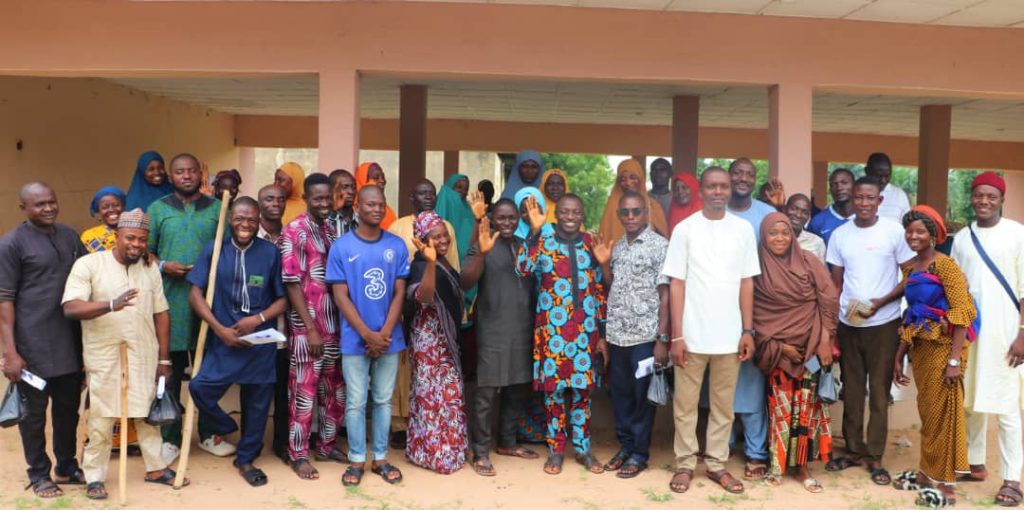
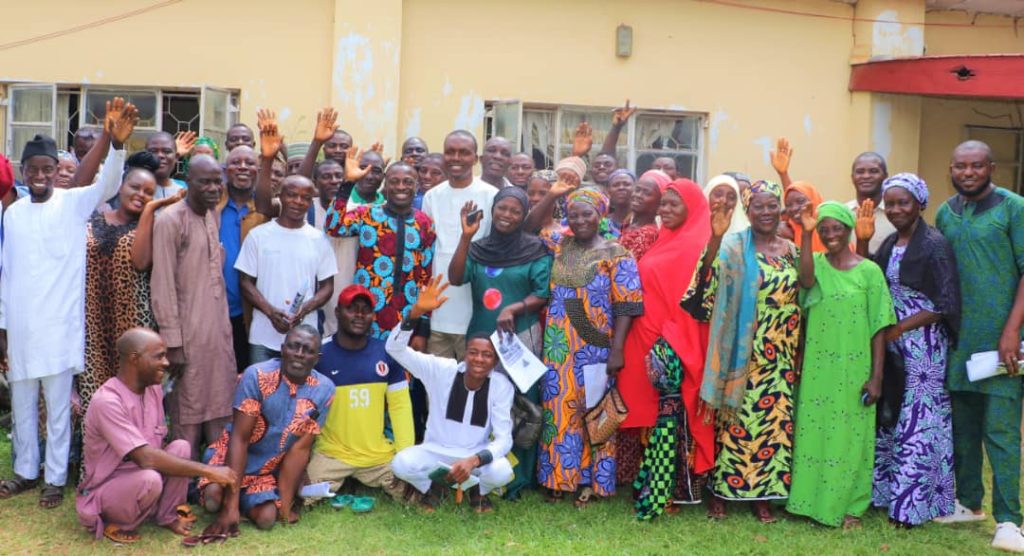
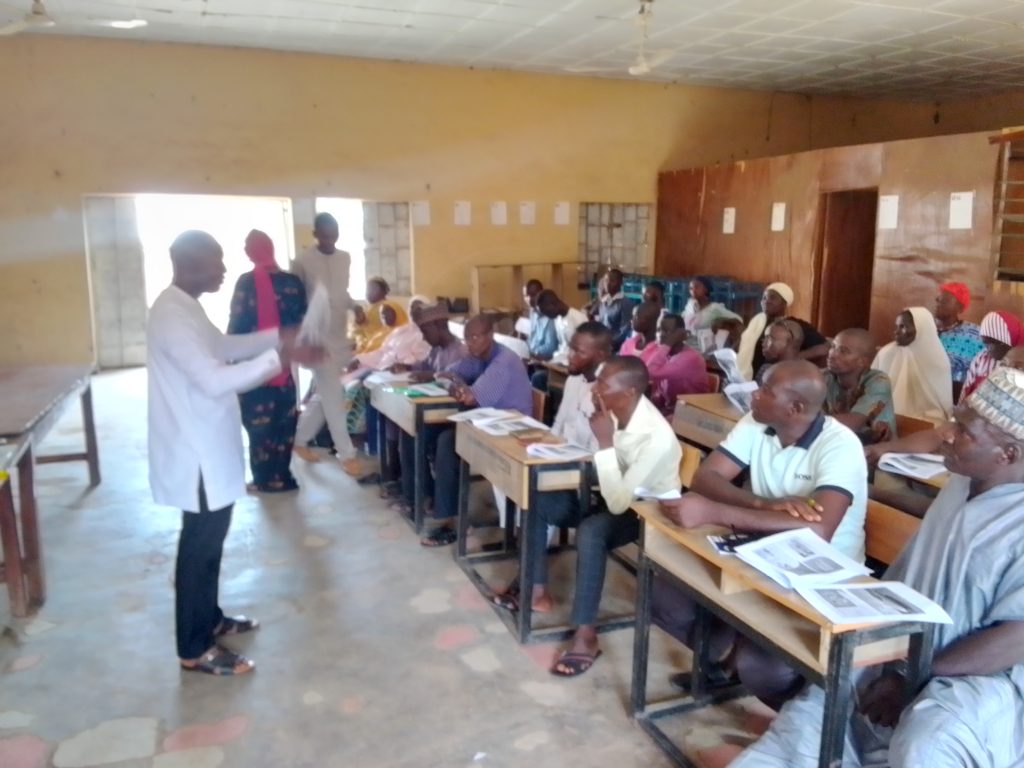
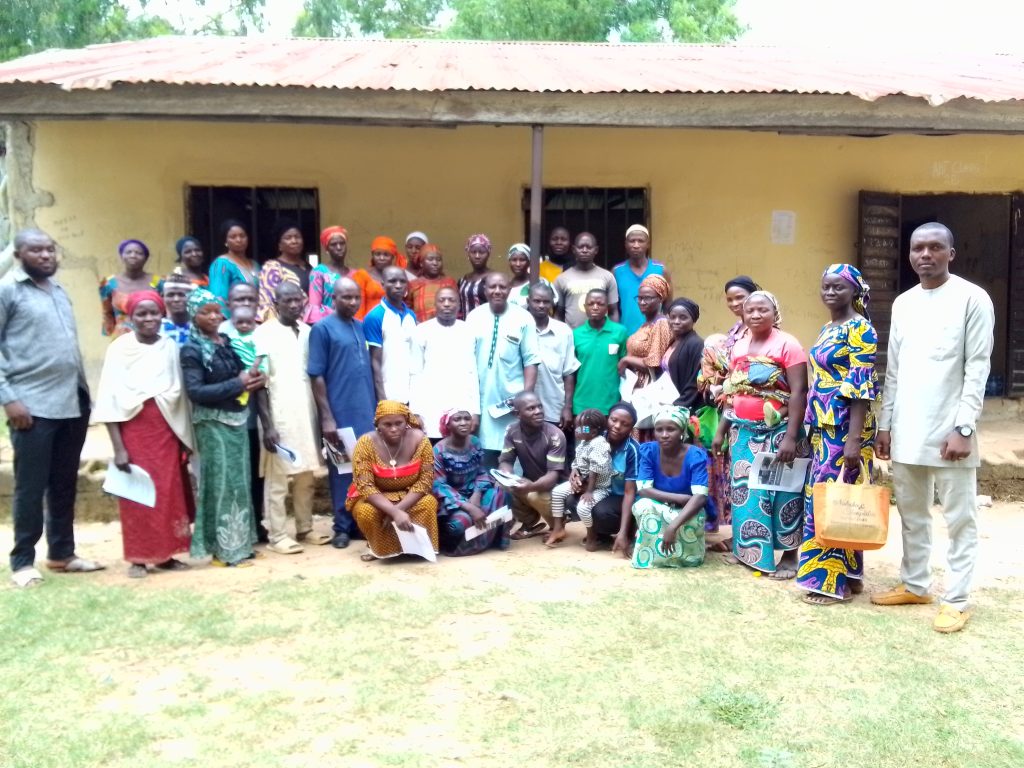
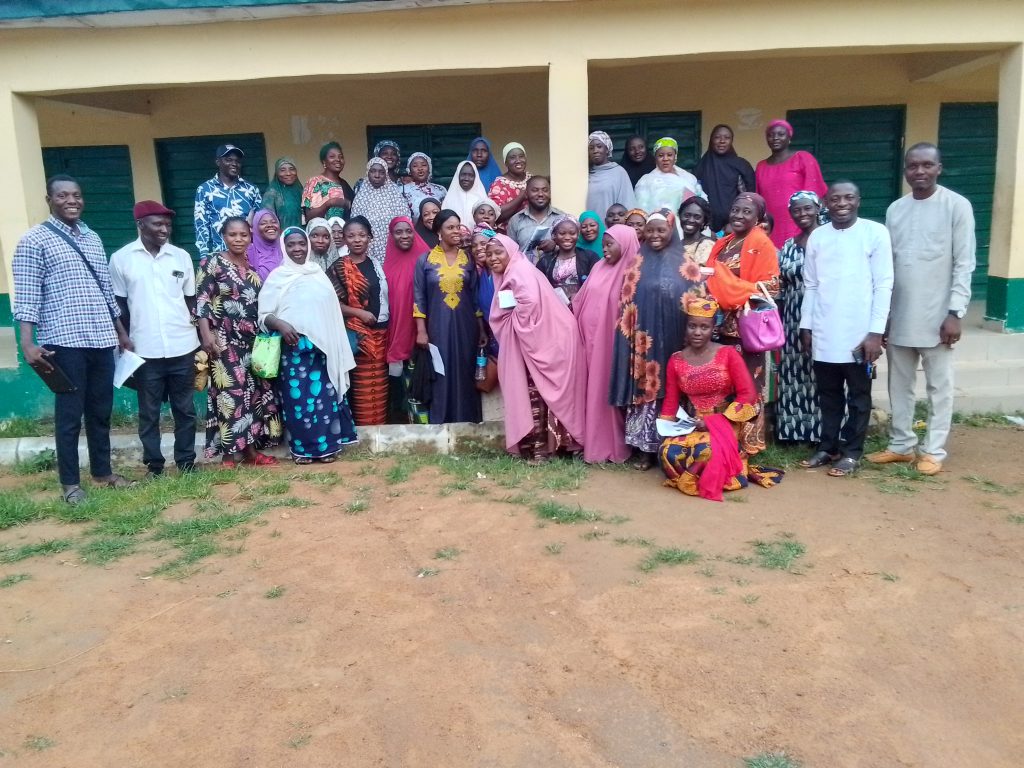
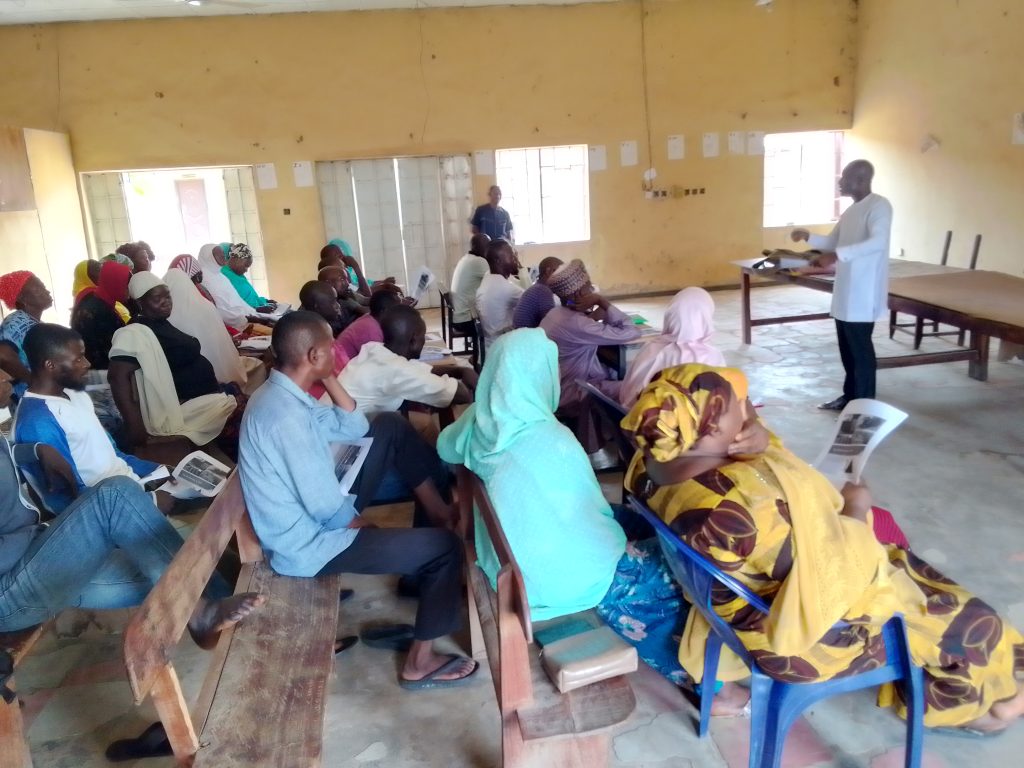
Impact on Nigeria’s Just Transition Commitment:
Batnon Center’s focused efforts in five local governments of Nassarawa state are yielding promising results. By empowering local communities and stakeholders, promoting clean energy alternatives, and fostering climate resilience in agriculture, the center is making significant strides towards Nigeria’s just transition commitment. The center’s training sessions on waste conversion strategies and climate-smart practices are equipping farmers to adapt to changing environmental conditions and improve agricultural productivity sustainably.
Building a Sustainable Future:
The work of Batnon Center for Environment and Sustainable Development is not only contributing to Nigeria’s commitment to the United Nations’ Sustainable Development Goals but also positioning the country as a responsible global citizen in the collective fight against climate change. By embracing a just transition and advocating for clean cooking and waste-to-energy alternatives, Nigeria is taking crucial steps toward a sustainable and resilient future. The transformation happening at the grassroots level in the local governments of Nassarawa state is laying a strong foundation for the widespread adoption of sustainable practices across the nation.
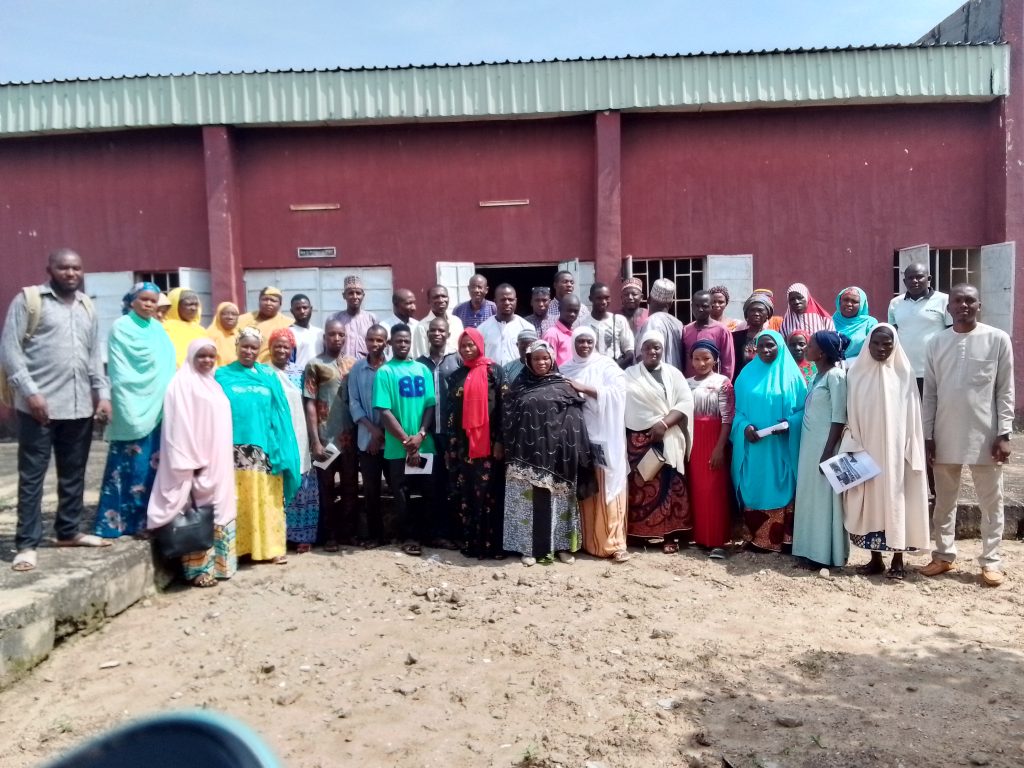
Conclusion
Batnon Center’s proactive approach and dedication to empowering stakeholders, especially farmers, in the agricultural sector are commendable. As we collectively strive for a greener, more equitable world, let us support and amplify such initiatives that drive sustainable change. Together, we can create a brighter future for Nigeria and beyond, one that embraces a just transition and fosters a harmonious coexistence with our planet. 🌍🌱 #JustTransition #CleanCooking #WasteToEnergy #SustainableAgriculture #ClimateAction #SustainableNigeria 💚💡
Join us in the journey toward a sustainable future! 🌱🤝 Learn more about Batnon Center’s impactful work in empowering local communities: Batnon Center

